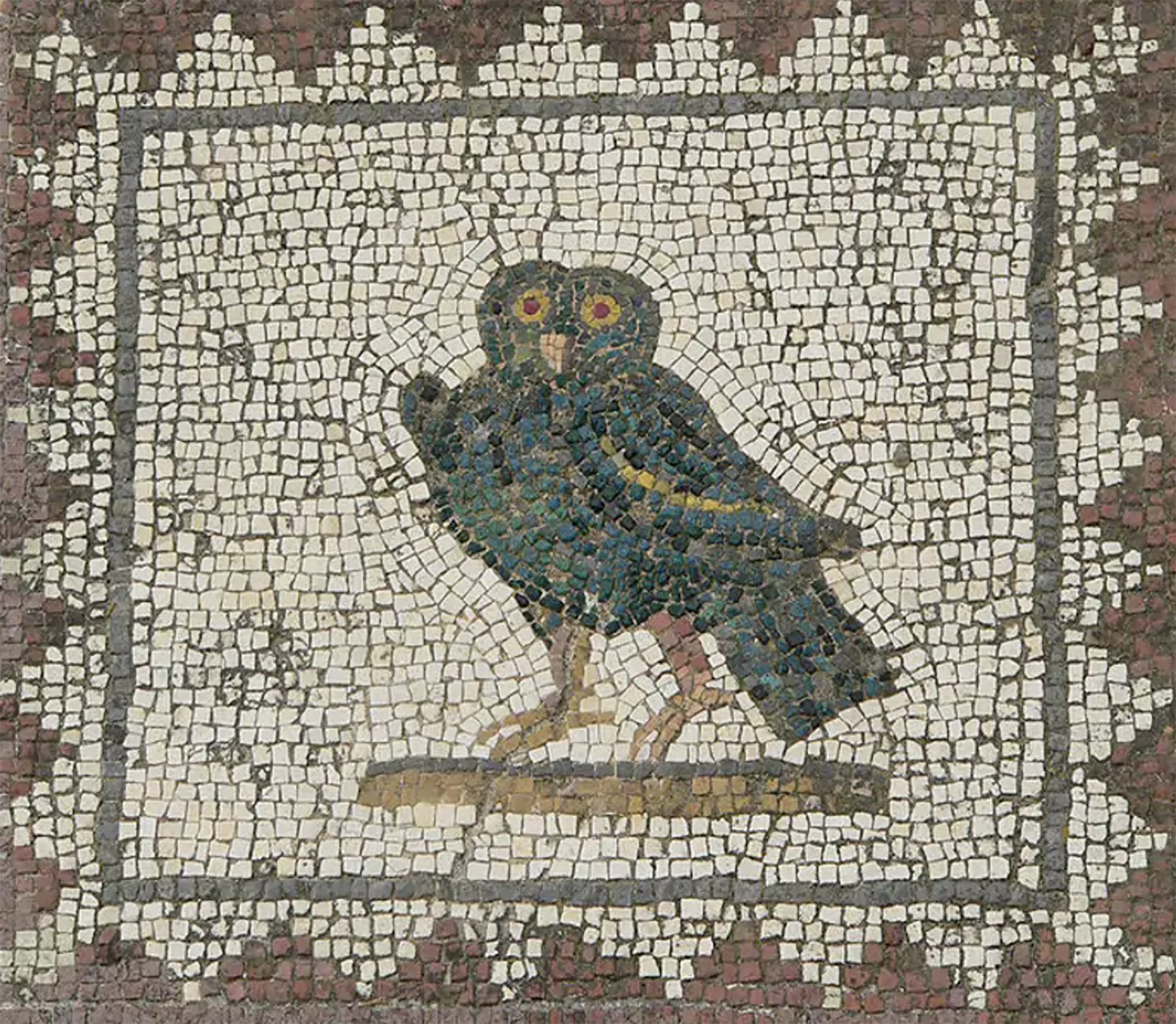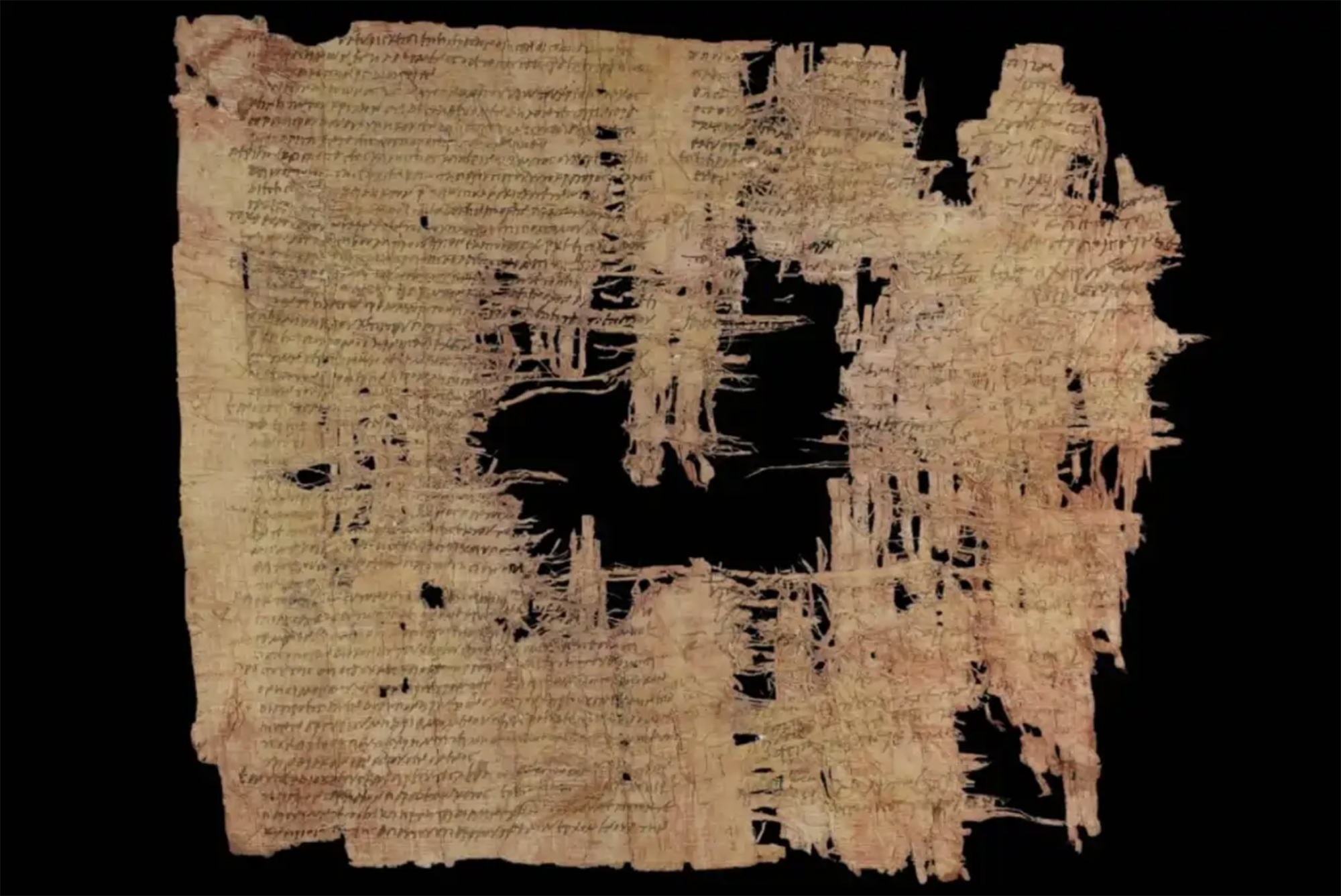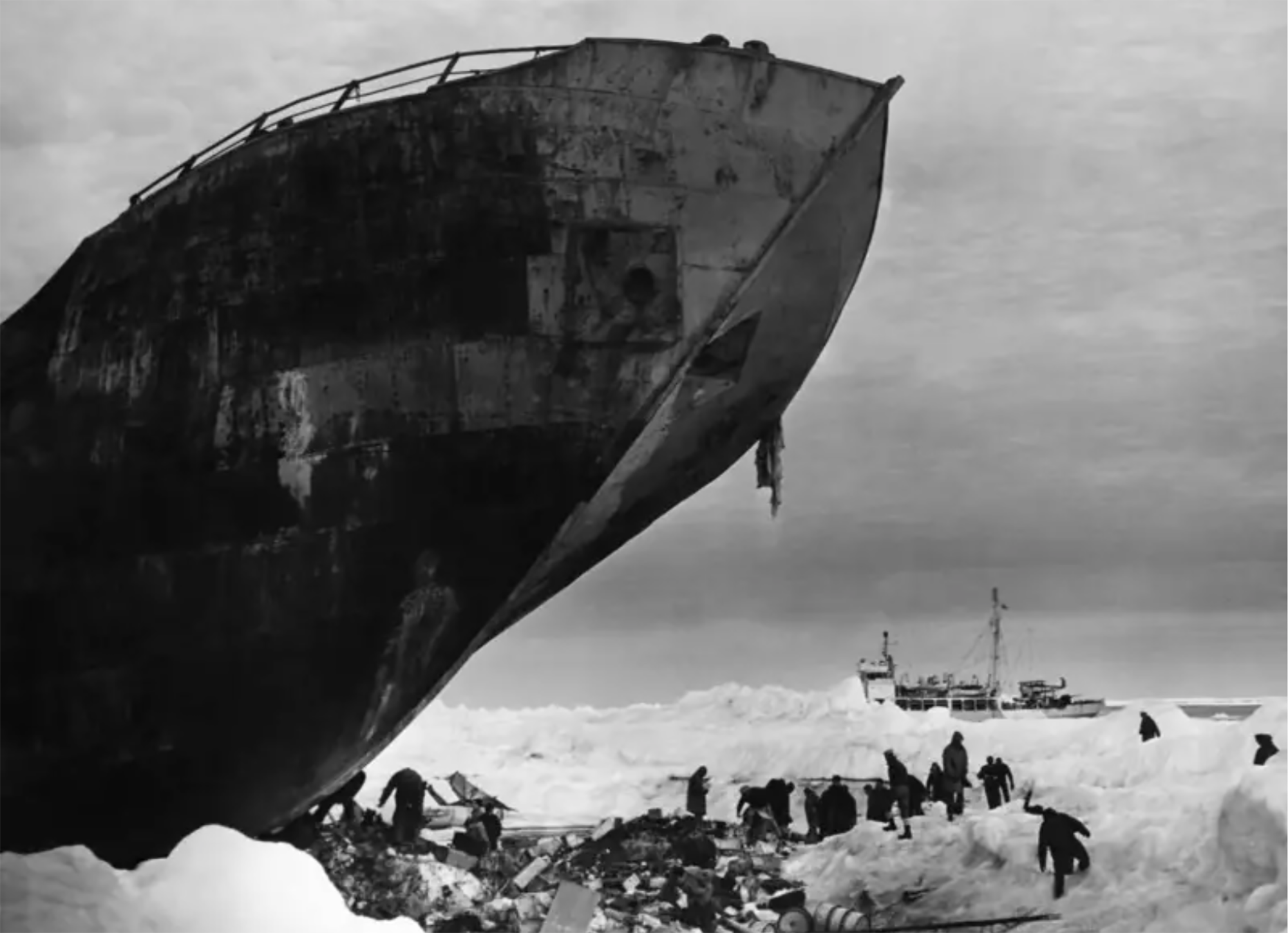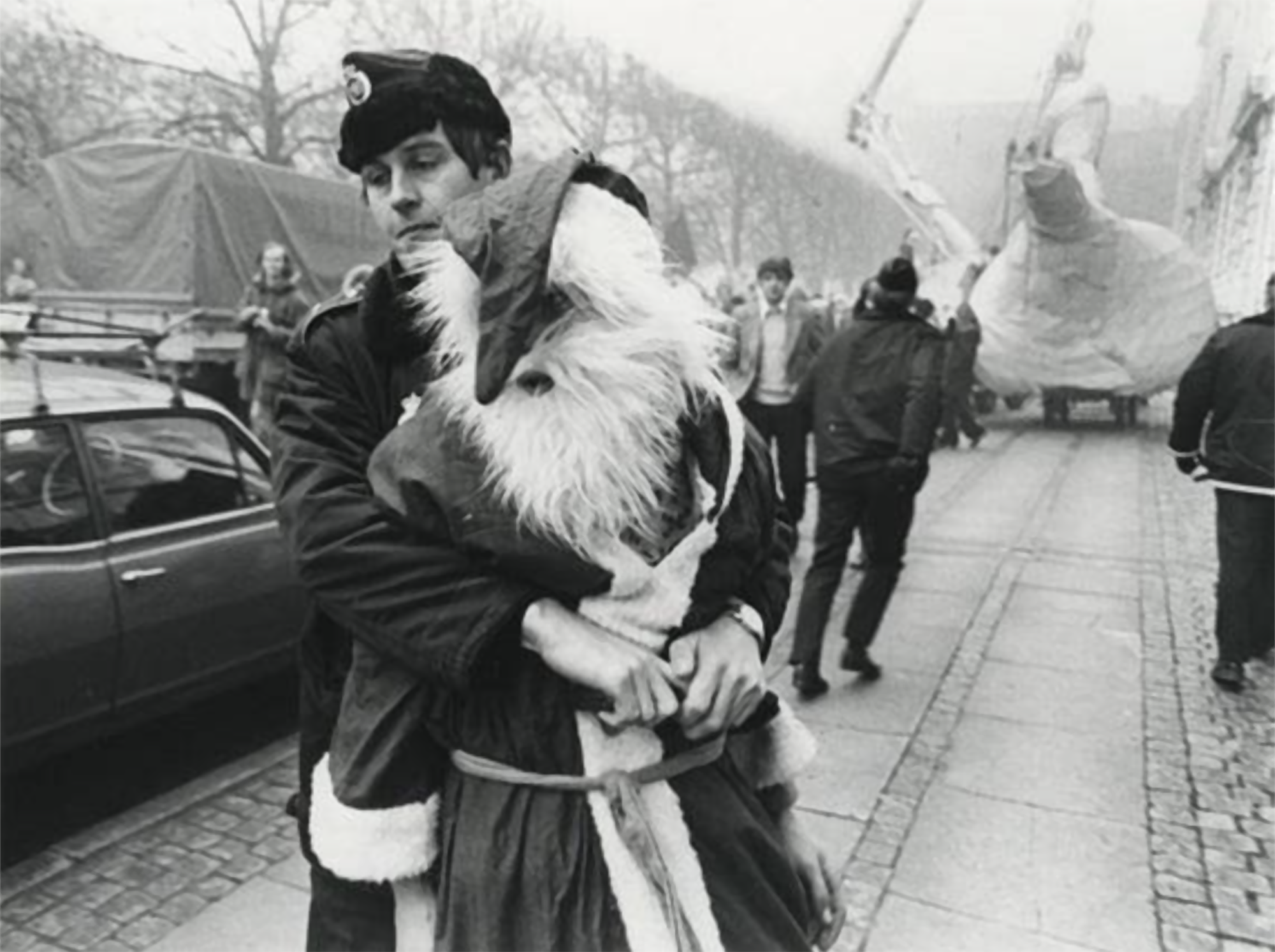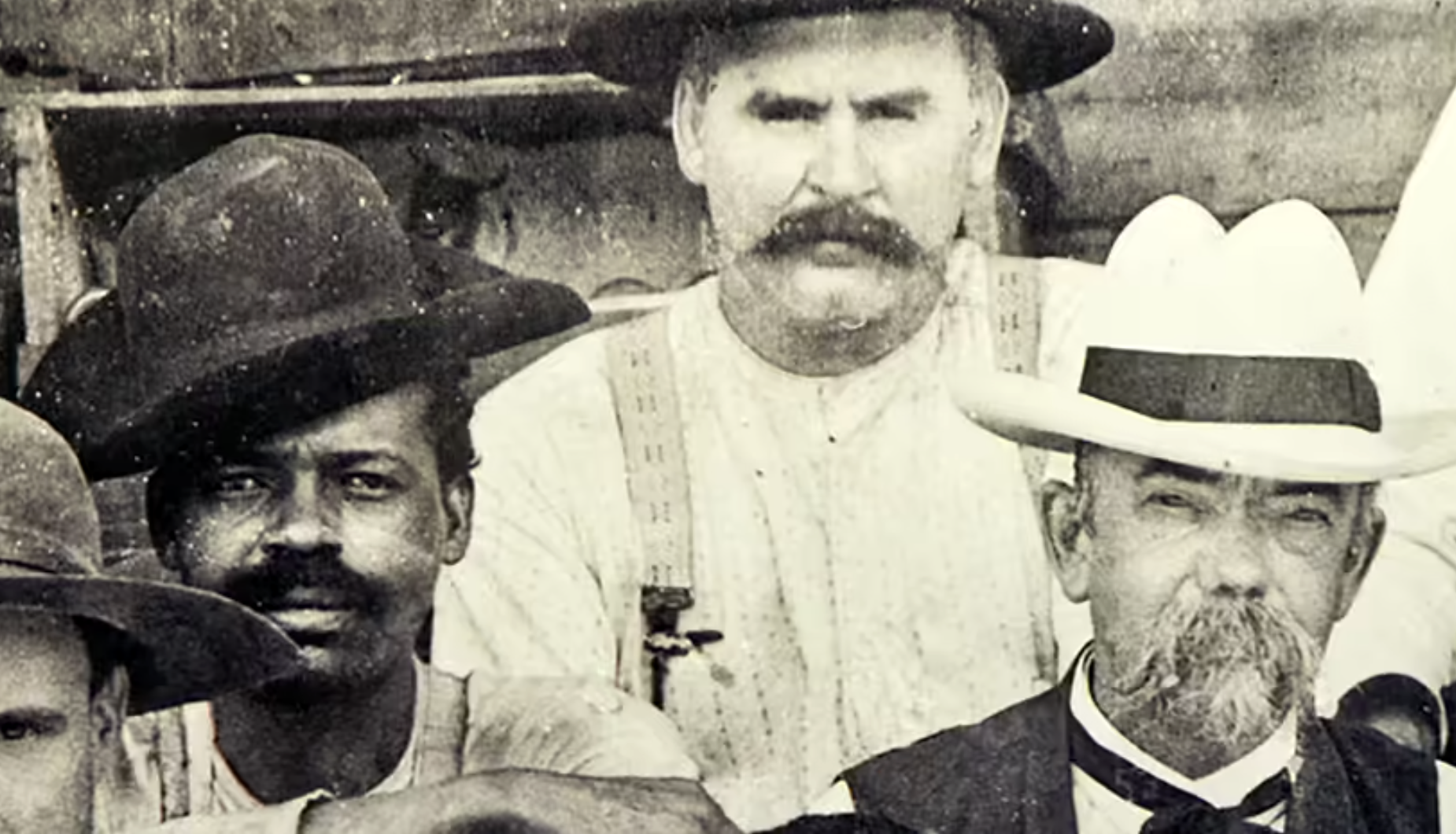Khutulun didn't want to get married
- Empire of the Mongols, second half of the thirteenth century. The empire founded by Gengis Khan was divided into four parts, of which two remained at war for 30 years: The Great Khan Empire, presided over by Kublai Khan, which included the newly conquered China, and the Khanerria Txagatai, which depended on Kaidu.
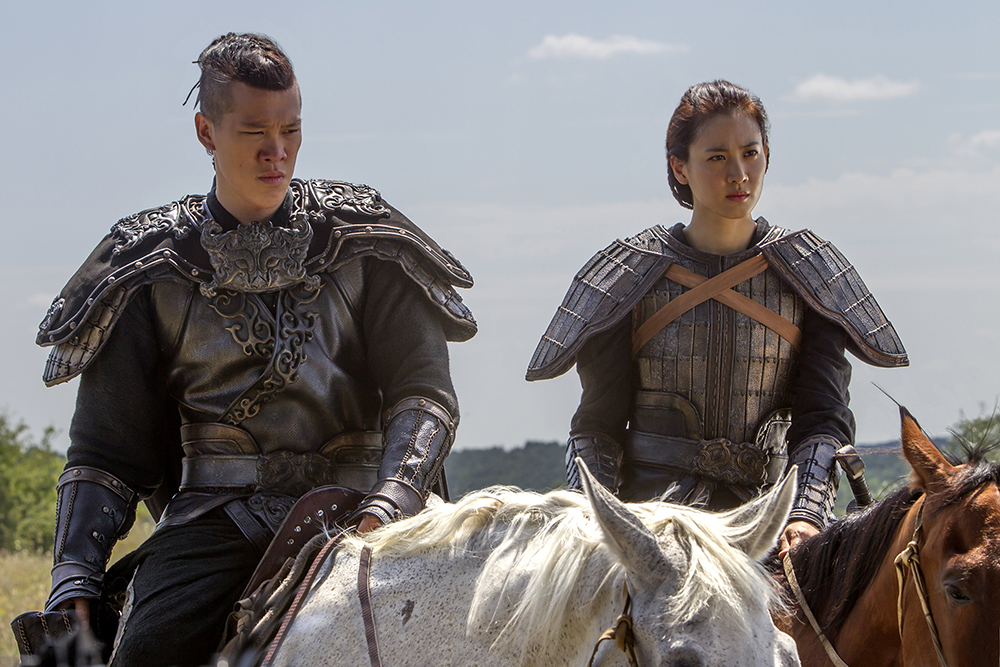
Kaidu's main army leader was Khutulu (1260-1306), a brave soldier, a magnificent strategist and a single daughter among Kaidu's 15 children. Marco Polo described in Khutulu: “It was very beautiful, but it was also strong and courageous, and throughout his father’s kingdom there were no men in force to impose themselves on the feats.” Like all the Mongols, man and woman, he was a magnificent rider, very skilled also with the bow, but not in that he was the only woman, as the great-grandfather Gengis Khan put into effect the order to train all the women in the bow during his tenure.
But gender equality was limited to that, and from a very young age, Khutulu was pushed to get married. Khutulun did not want to marry and established a strict condition for surrender: he would marry the man who won in the traditional Mongol battle called bökh. The candidates had to donate 100 horses if they lost the battle to the daughter of the Chana and the legend says she got 10,000 horses.
He eventually married a man named Khutulun Ghaza Khan, for convenience, to silence the rumors opened by enemies about his sexuality, gender, or unknowingly relationship with his father. When his father died, being a woman, he did not have the opportunity to take his place, and he advocated for one of his brothers when conflicts for power arose. He died or was killed at age 46, because the causes of his death have never been revealed.
In Europe, Khutulu inspired the character of Turandot, which was especially popularized through the Puccini Homonymous Opera. In the West, therefore, the story of Khutulun or Turandot has a clear lesson: the strong woman renounces power for the love of a man.
In Mongolia Khutulun still has an influence, in particular on the clothing used today in the bökh fighting. The fighters act with their bare chest to ensure that they have not returned from the dead in Khutulu. In other words, they prevent women from participating in bökh competitions and the possibility of dominating men like Khutulun.
Urruña, 1750eko martxoaren 1a. Herriko hainbat emakumek kaleak hartu zituzten Frantziako Gobernuak ezarritako tabakoaren gaineko zergaren aurka protesta egiteko. Gobernuak matxinada itzaltzeko armada bidaltzea erabaki zuen, zehazki, Arloneko destakamentu bat. Militarrek... [+]
In the Maszycka cave in Poland, remains of 18,000 years ago were found at the end of the 19th century. But recently, human bones have been studied using new technologies and found clear signs of cannibalism.
This is not the first time that a study has reached this conclusion,... [+]
Porzheim, Germany, February 23, 1945. About eight o’clock in the evening, Allied planes began bombing the city with incendiary bombs. The attack caused a terrible massacre in a short time. But what happened in Pforzheim was overshadowed by the Allied bombing of Dresden a few... [+]
Poloniar ikerlari talde batek Sevillako Italica aztarnategiko Txorien Etxea aztertu du, eta eraikinaren zoruko mosaikoak erromatar garaiko hegazti-bilduma xeheena dela ondorioztatu du.
Txorien etxean 33 hegazti daude mosaikoetan xehetasun handiz irudikatuta. Beste... [+]
Judea, 2nd century AD. In the turbulent atmosphere of the Roman province, a trial was held against Gaddaliah and Saul, accused of fraud and tax evasion. The trial was reported on a 133-line paper in Greek (pictured). Thinking that it was a Nabataean document, the papyrus was... [+]
Vietnam, February 7, 1965. The U.S. Air Force first used napalma against the civilian population. It was not the first time that gelatinous gasoline was used. It began to be launched with bombs during World War II and, in Vietnam itself, it was used during the Indochina War in... [+]
Archaeologists have discovered more than 600 engraved stones at the Vasagård site in Denmark. According to the results of the data, dating back to 4,900 years ago, it is also known that a violent eruption of a volcano occurred in Alaska at that time. The effects of this... [+]
Japan, 8th century. In the middle of the Nara Era they began to use the term furoshiki, but until the Edo Era (XVII-XIX. the 20th century) did not spread. Furoshiki is the art of collecting objects in ovens, but its etymology makes its origin clear: furo means bath and shiki... [+]
In an Egyptian mummy of 3,300 years ago, traces of Yersinia pestis, the bacterium that caused the Justinian plague in the 6th century and the Black Plague in the 14th century, have just been found.
Experts until now believed that at that time the plague had spread only in... [+]
Greenland, the end of the 10th century. The first Scandinavian explorers and settlers arrived on the island. But by the 15th century these settlements had been abandoned and the original Inuit remained. But in 1721, the missionary Hans Egede organized an expedition and the... [+]
In 2017, Indonesia and the Netherlands signed an agreement to return the heritage stolen by the European country because of colonialism for three centuries. The Indonesian responsible for the return process, Gusti Agung Wesaka Puja, explained that this agreement "was important in... [+]
Greece 1975. The country began the year as a republic, three weeks earlier, in the referendum on 8 December 1974, after the citizens decided on the end of the monarchy.
A decade earlier, in 1964, when King Paul I died, his son Constantine took the throne at the age of 23.
But... [+]
Copenhagen, 18 December 1974 At 12 noon a ferry arrived at the port, from where a group of about 100 Santa Claus landed. They brought a gigantic geese with them. The idea was to make a kind of “Trojan Goose” and, upon reaching the city, to pull the white beard costumes... [+]
Tennessee (United States), 1820. The slave Nathan Green is born, known as Nearest Uncle or Nearest Uncle. We do not know exactly when he was born and, in general, we have very little data about him until 1863, when he achieved emancipation. We know that in the late 1850s Dan... [+]
New York, 1960. At a UN meeting, Nigeria’s Foreign Minister and UN ambassador Jaja Wachucu slept. Nigeria had just achieved independence on 1 October. Therefore, Wachuku became the first UN representative in Nigeria and had just taken office.
In contradiction to the... [+]














